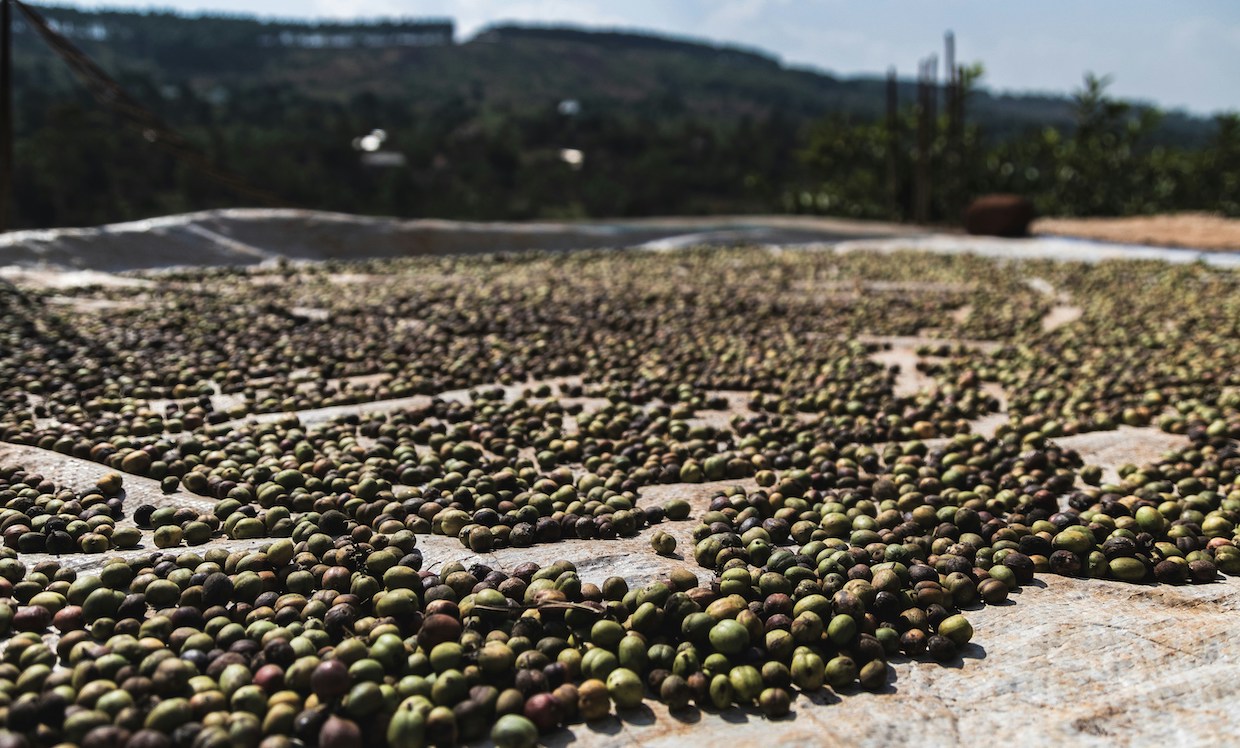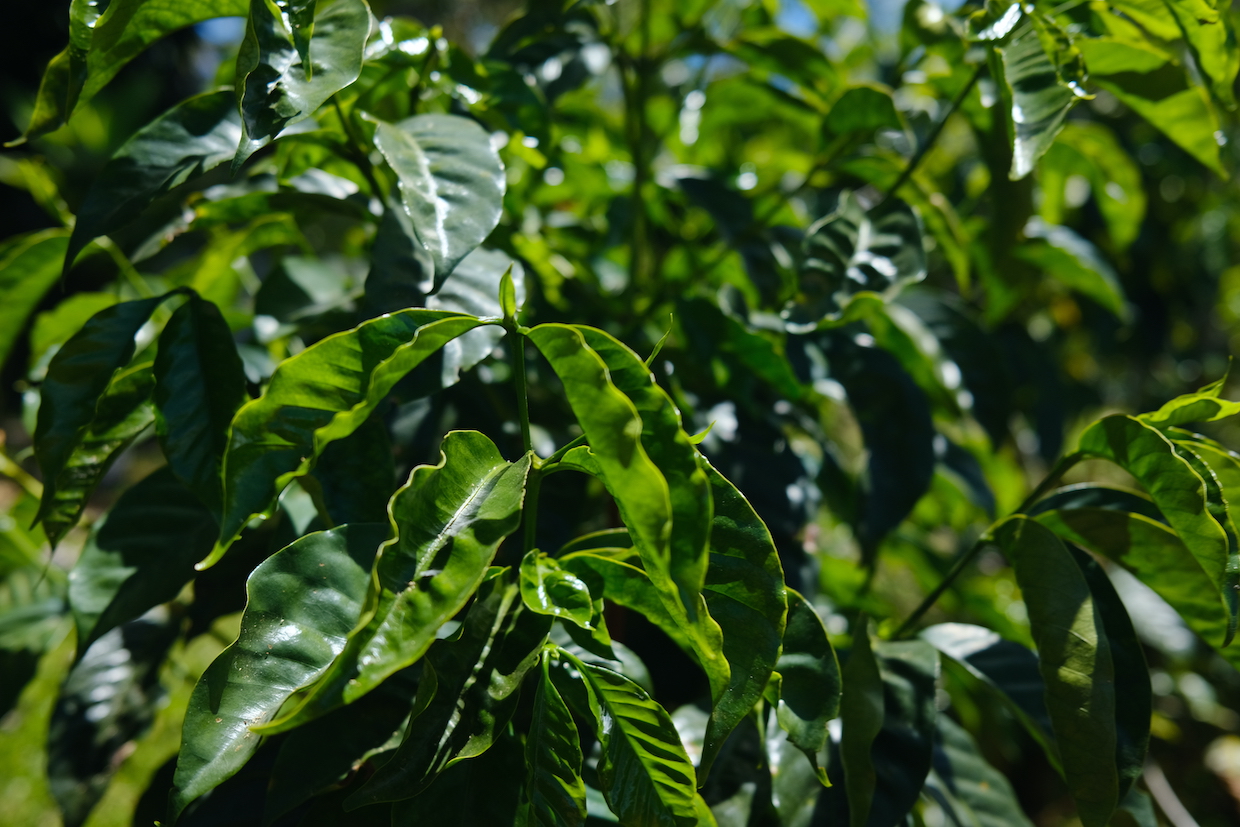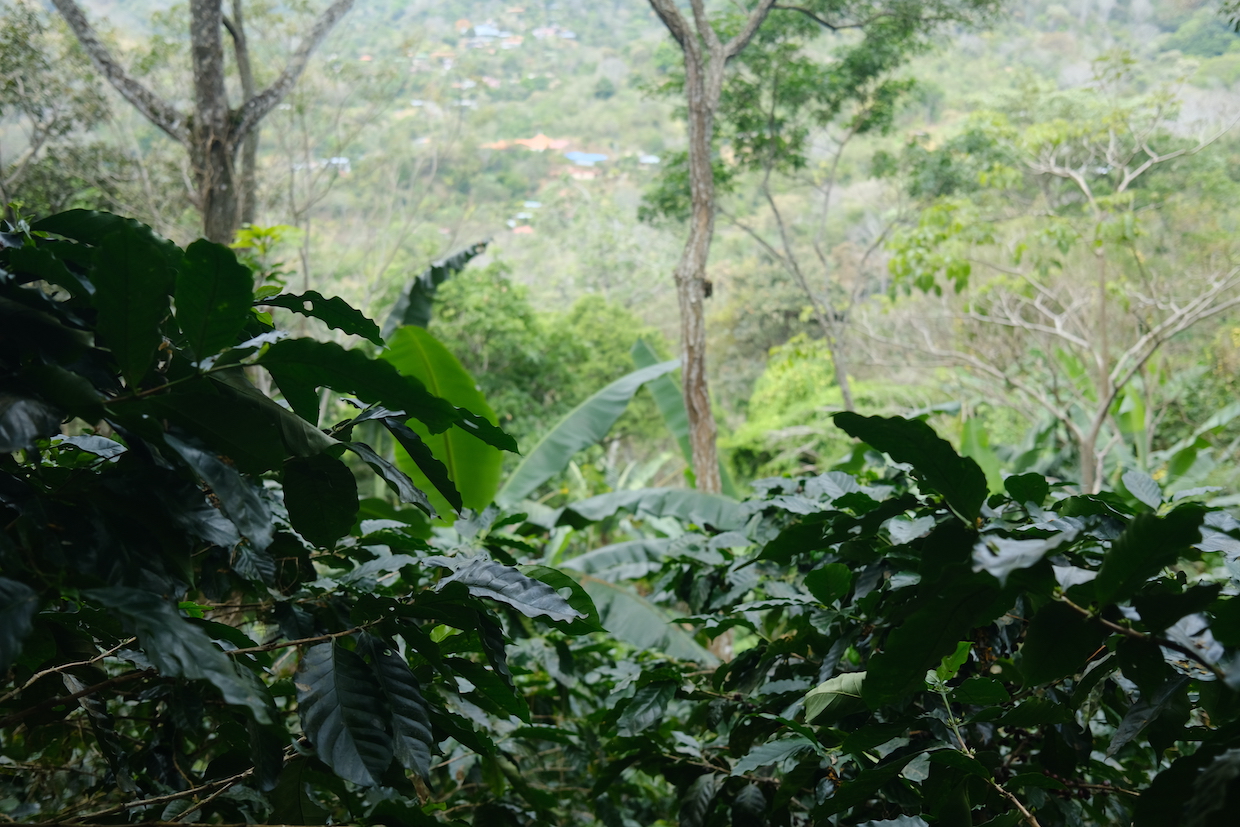Coffee is about sharing with people — sharing moments, friendships and stories.
I’d like to share the story of a sustainability project in which information was shared among more than 4,000 smallholder farmers, 100 cooperatives and other stakeholders in over 10 countries.
Although the project was focused on the effects that the new European deforestation-free regulation, known as EUDR, might have on African producers, its findings remain relevant for a much broader base.
Why? What we discovered is more fundamental than mere European trade conditions. We found a gap between the powers in consuming countries and farmers in producing countries that is widening based on information ownership and information dependency.
Project Launch
For me, the project started in 2022 when I was visiting farmers in Ethiopia. They asked me about EUDR and how to comply. To be honest, I did not know a thing about EUDR at the time, so I started to learn and dig for answers.
The true impetus for the project came in 2023, when a group of Ugandan farmers asked me why they needed to plant trees in order to comply with EUDR. They worried that planting trees on their plots could potentially decrease yields or disrupt flooding patterns. Yet I knew that what they were describing was not a requirement for compliance. This led me to wonder how these farmers acquired these misconceptions, which then became the basis for the sustainability project.
As with many things in life, this idea evolved quickly into something bigger than I could handle on my own. Within a few weeks, there was a team of nine people involved, each with their own area of specialization.
For me, sustainability is like a circle, so the project sought to acquire information from farmers, then bring that collective acquired information back to farmers. Part of the project involved creating EUDR training materials to help farmers understand opportunities and requirements in their own terms.
We carried out a research project in late 2024 that included a survey of 230 smallholder coffee farmers, five extensive interviews with cooperative board members and an extensive study of the regulation itself. This provided us with a better baseline understanding of the challenges and opportunities facing the producing side of the chain.
Project Findings
We found that there were indeed misconceptions among farmers regarding EUDR, primarily caused by cultural translations and the lack of a common language. Among our small sample group, only 25% of the farmers were able to understand English at a moderate level. We also found that many farmers lacked internet or cellular network coverage in their remote production areas.
Additionally, we found that these farmers tended to rely on NGOs, government agencies and/or cooperatives for their information. All these institutions did address EUDR in one way or another, yet typically only the parts that served their own causes.
Thus, what information was available on EUDR was often scattered, incomplete, biased or outright incorrect. For example, we found that the misconception regarding tree planting was born from an unrelated training on harvesting CO2 credits.
In 2025, Ethos Agriculture organized a “farmer day” as part of the African Fine Coffees Association (AFCA) convention in Tanzania. They offered me the opportunity to host a session on the project, while sharing the results with 100 farmers from different African countries.
Although I did not have a travel budget, I decided to attend in order to share these results as widely as possible. Yet not long before the convention, U.S. President Donald Trump announced the suspension of foreign aid funding. Affecting the U.S. African Development Foundation (USADF), the announcement created funding chaos among many convention goers.
It was an unbelievable turn of events. Thanks to the dedication and hard work of Ethos Agriculture and other stakeholders, the AFCA convention could continue, although funding for my own entry ticket was no longer available, meaning I ended up purchasing a $600 ticket to attend my own session.
Project Resonance
What I discovered at the convention was something of a revelation for me. The outcomes of our limited research — conducted with a small, isolated group of smallholder farmers and producers — resonated with nearly every producer, farmer or other stakeholder I spoke with.
As of this writing, we do not know the fate of the looming EUDR enforcement, or how it might ultimately play out among different actors in the coffee chain. Yet what I do know is that the information gap regarding EUDR is as wide as ever, and it will never be closed by insularity and isolationist policies from consuming countries.
In cutting off the budget for USADF, the U.S. is in many cases actually increasing costs for U.S. companies rather than saving money. Meanwhile, European politicians who believe they know how to best save forests on coffee-producing lands may actually be creating new opportunities for the suppression of the most vulnerable farmers. This happens through data ownership and information dependency.
Beyond the issue of EUDR, if we really want coffee to be a sustainable industry, we need to start acknowledging our own biases, and how they are shaped by power dynamics, self-preservation and accessibility.
Coffee is about sharing with people. From a U.S. or European perspective, we can share the profits of coffee, make knowledge accessible and invest in digitization of farmers and producers. When we do this, new moments will be shared, friendships will be born and new stories can be written.
About EUDR (from the author)
Starting December 30, 2025, EUDR is scheduled to be enforced. The regulation is designed to prevent global deforestation caused by European consumption. It obliges European importers to prove that there was no deforestation involved in the production chain. This regulation applies for coffee, soy, palm oil, timber, cattle, rubber and cocoa.
The essence of the regulation is quite simple: European companies involved in the production chain need to prove that there is no new deforestation associated with production. To do this, they need the geolocation or polygons of the (smallholder) farmers, then compare them with 2020 satellite images to prove it is deforestation-free. Then they combine that data with chain transparency and a due diligence declaration at EU customs.
Notes:
- Daily Coffee News does not engage in sponsored content of any kind. Any statements or opinions expressed belong solely to the authors and do not necessarily reflect the views of Daily Coffee News or its management.
- You can follow story author Pieke Abelman via LinkedIn or Instagram (@BaristaCollege)
- Comments? Questions? News to share? Contact DCN’s editors here. For all the latest coffee industry news, subscribe to the DCN newsletter.
Related Posts
Pieke Abelman
Pieke Abelman is a coffee sustainability specialist and barista trainer based in the Netherlands. He is driven by curiosity for the people behind the product and eager to learn from them.









Comment